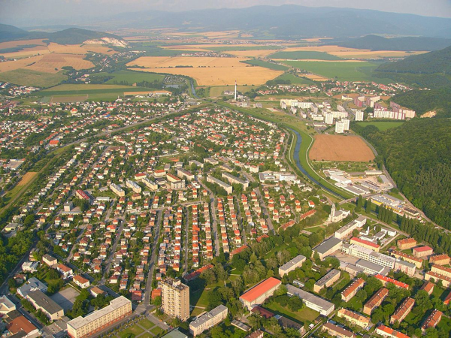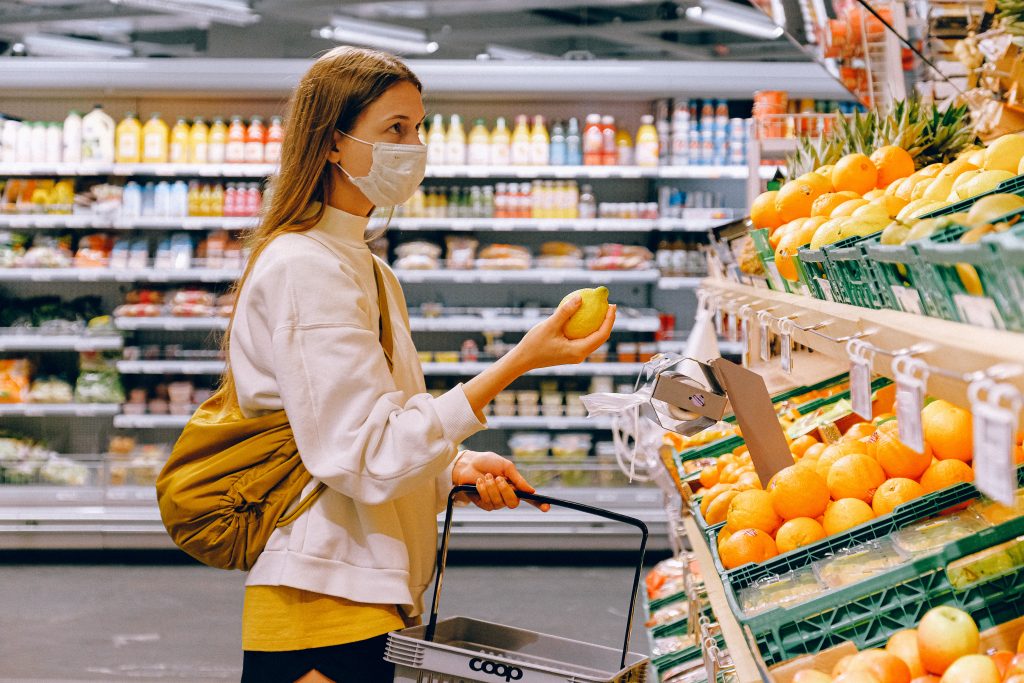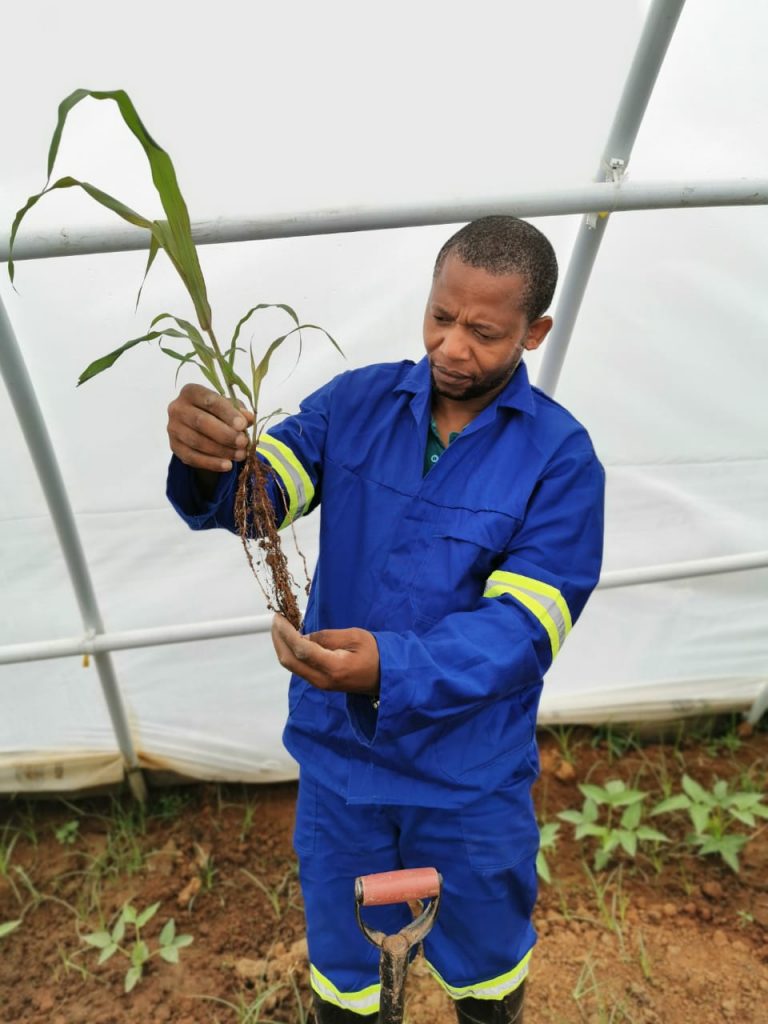Small-scale fishers not in the same boat as commercial fisheries
Largely informal, small-scale fishers were left stranded during COVID-19 as their livelihoods were cut off by lockdown measures, as discussed at ‘Covid-19 Impacts on Small-scale Fisheries’, a virtual meeting hosted by the Good Governance Community of Practice (FG-CoP) on 13 April.
The Future of Agriculture Part of Greater Global Concerns
What if the international focus on creating decent employment in agriculture was in fact hindering effective policies for structural change and jobs? That was the deliberatively provocative question Professor Bruno Losch posed in his keynote presentation to the 2nd International Symposium on Work in Agriculture (ISWA) on 30 March 2021.
Unsung recycling heroes, waste reclaimers feel lockdown pinch
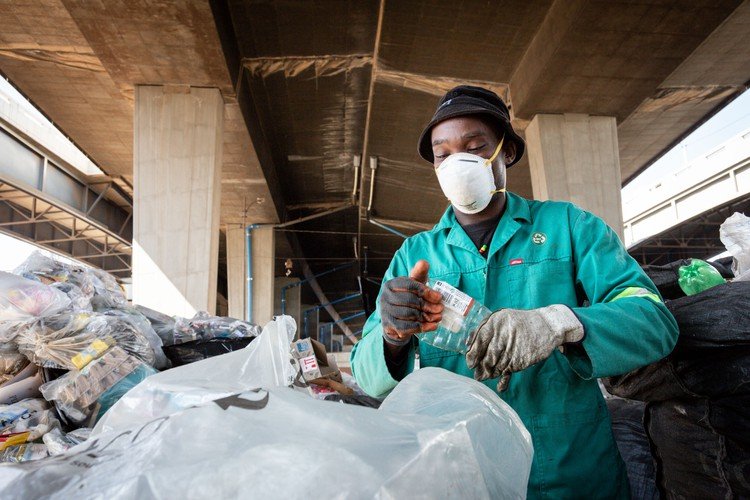
Waste reclaimers – sometimes referred to as waste ‘pickers’ – may well be the unsung heroes of our global recycling efforts. Image credit: Yeshiel Panchia/GroundUp
In South Africa alone, waste pickers collect some 90% of the country’s recyclable materials off landfill sites. In doing so, they also save municipalities around R700 million in landfill ‘airspace’, ie the volume of space dedicated to solid waste.
Researcher wants to give starchy pap a health makeover
With an eye on South Africa’s growing burden of lifestyle-related diseases, researcher Clarity Mapengo may have identified a technique that could turn much-beloved South African ‘pap’ into a health-conscious dish.
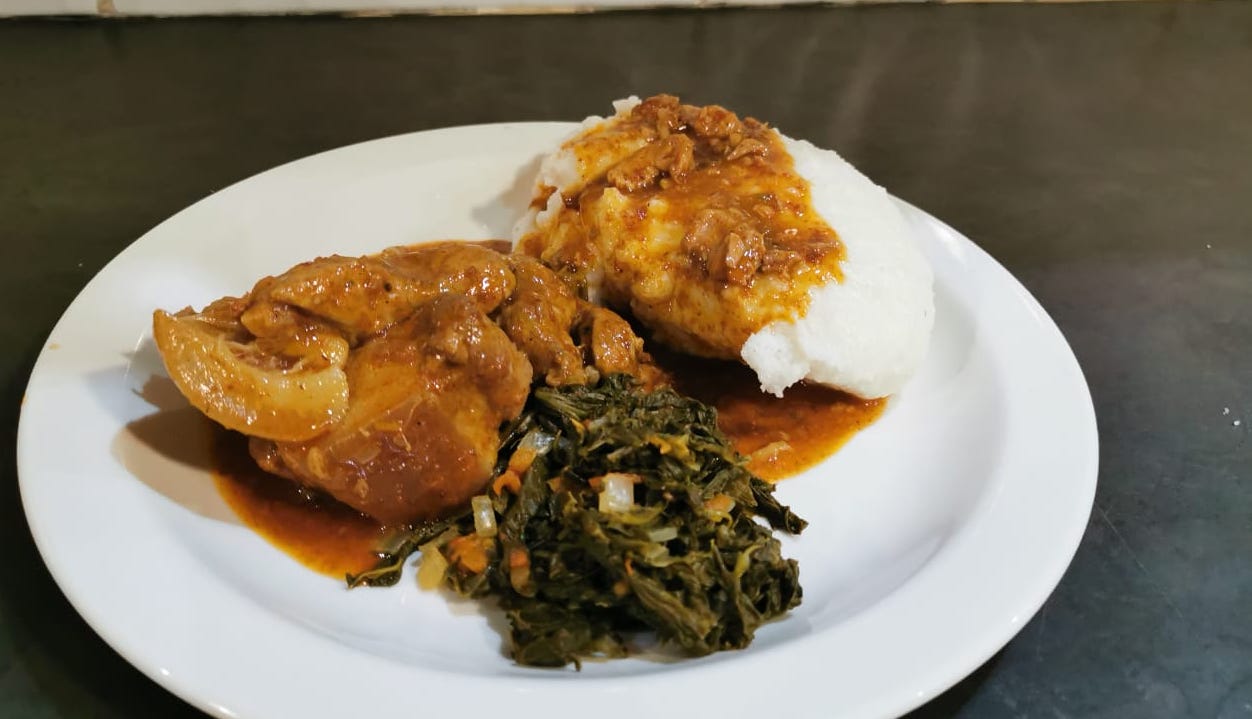
Image credit: Riki Malothane
City planning is a critical lever to address urban food insecurity
While food insecurity in South Africa is commonly framed as a rural problem, food insecurity is increasingly concentrated in urban areas.
What’s more, food system activities – including production, processing, retail and waste – take place within cities. However, neither food insecurity nor the food system have been given enough recognition or thought in the ways cities are designed.
These are the central arguments of ‘Food Sensitive Planning and Urban Design – A Blueprint for a Future South African City?’, a new working paper published by the DSI-NRF Centre of Excellence in Food Security.
Accusations of price gouging a common feature of COVID-19
In June this year, in what was the first contested case of excessive pricing related to the COVID-19 pandemic in South Africa, the Competition Tribunal found a company called Babelegi Workwear and Industrial Supplies guilty of what it described as “progressively bolder” price hikes on face masks.
Climate threats spark exciting research into drought tolerant crops
In Africa, and globally, food crops are expected to be under much increased threats over the next couple of decades as climate change intensifies, demanding that scientists explore creative new ways to protect these crops.
Slew of food-related ‘pandemics’ await in the wake of COVID-19
National and global food systems are not working for the billions around the world who suffer from hunger and malnutrition. This will have devastating consequences for those afflicted.
This was the resounding message coming out of a social dialogue on World Food Day titled ‘Food is Our Right: The Struggle for Equitable Food Systems’. The event was co-hosted by the DSI-NRF Centre of Excellence in Food Security (CoE-FS), the Institute for Poverty, Land and Agrarian Studies (PLAAS) at the University of the Western Cape (UWC), and C19 People’s Coalition Food Working Group.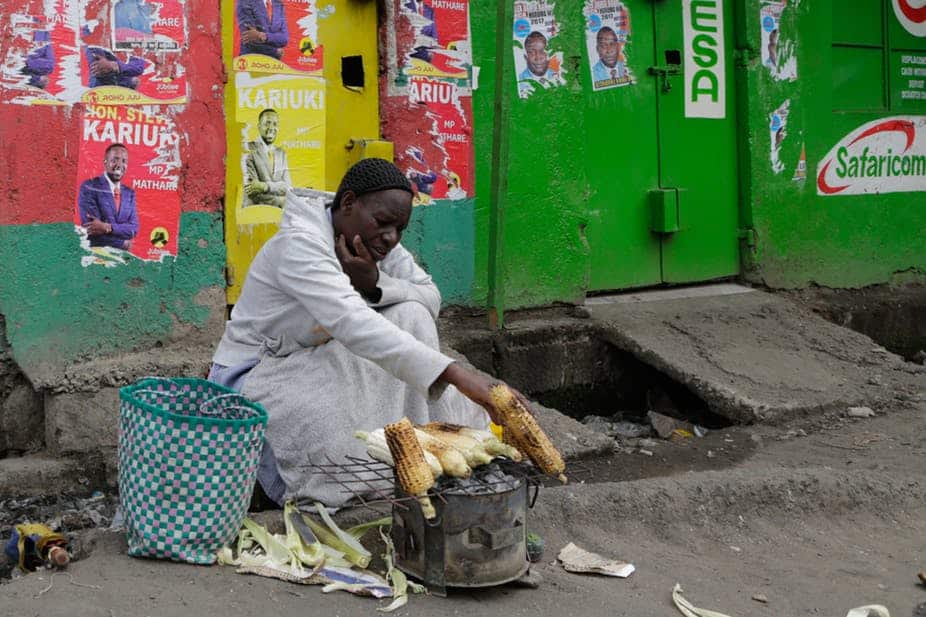
Change is necessary for South Africa’s food system
The maxim that the only constant in life is change, an expression whose origins is credited to Ancient Greek philosopher Heraclitus, neatly sums up the evolution of food systems.
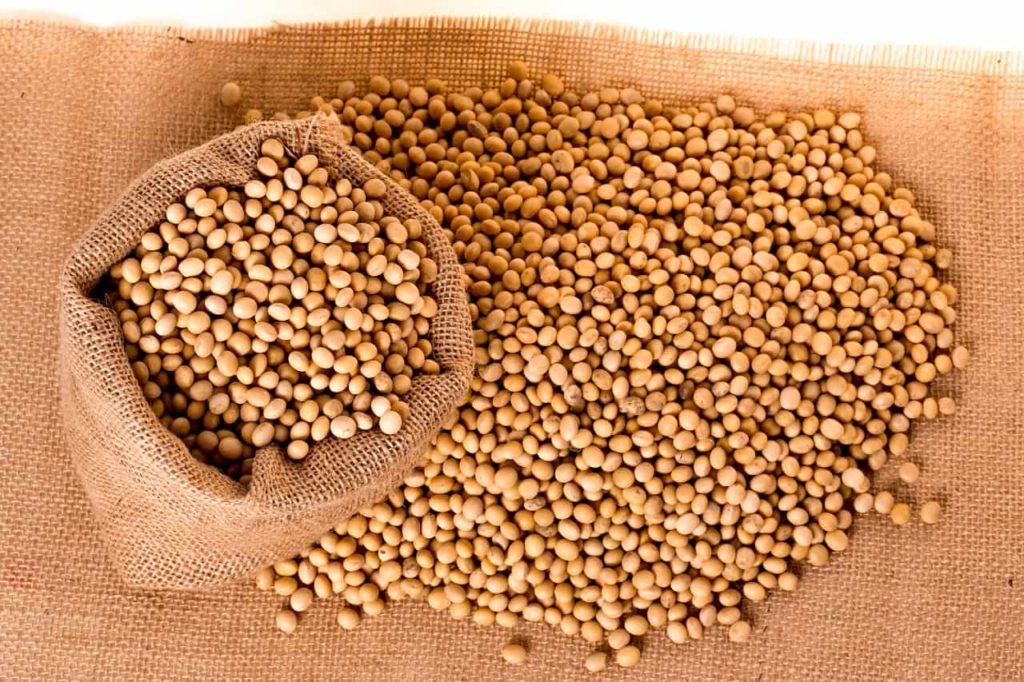
The #FoodTalks webinar, the first of a series of virtual dialogues launched this week by the DSI/NRF* Centre of Excellence in Food Security (CoE-FS) ahead of World Food Day on Friday, 16 October.
